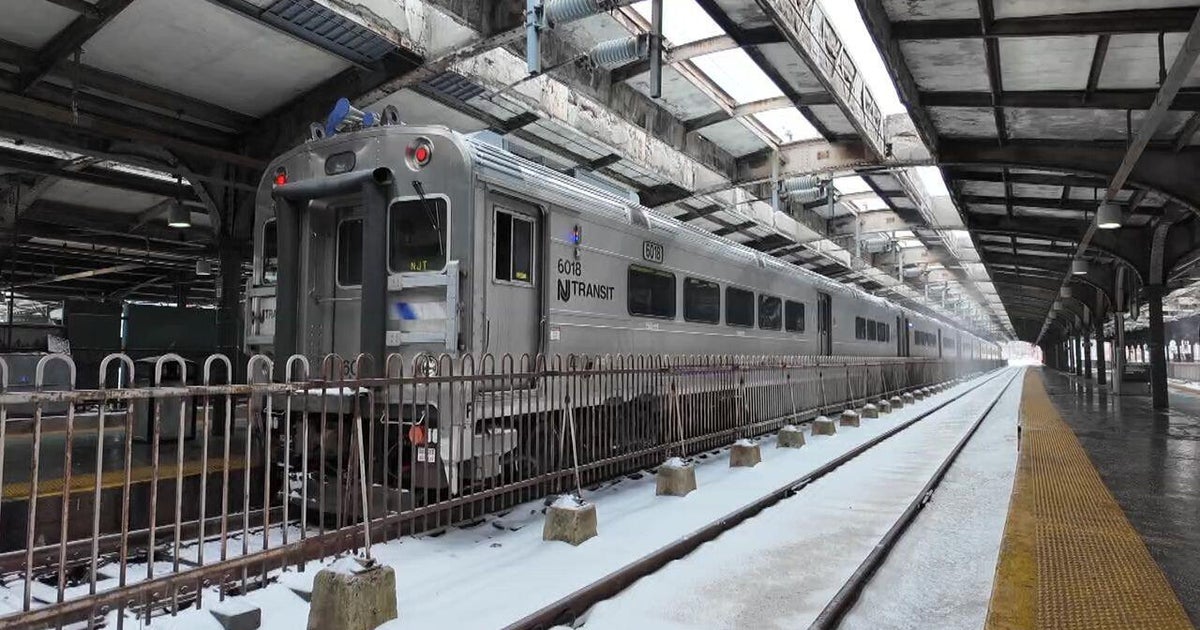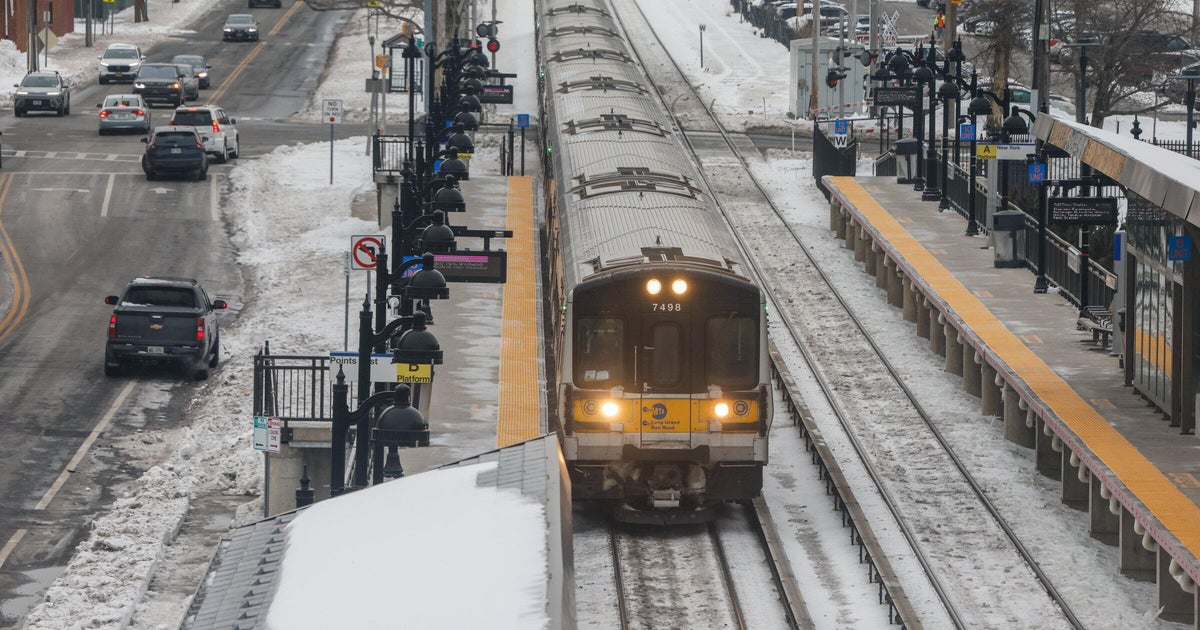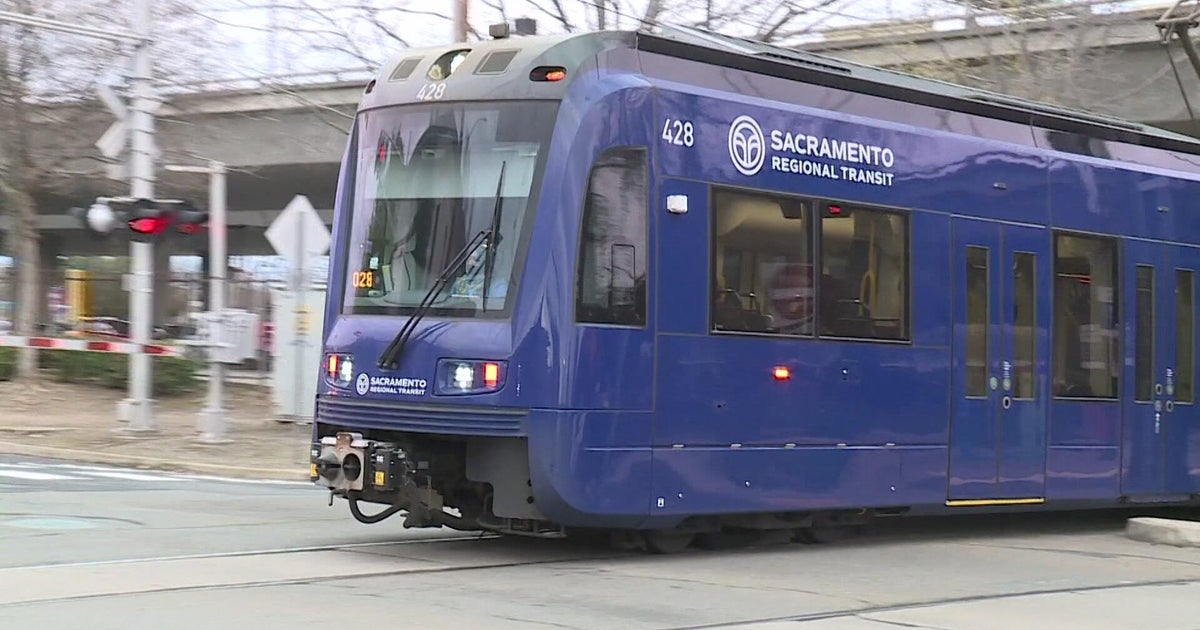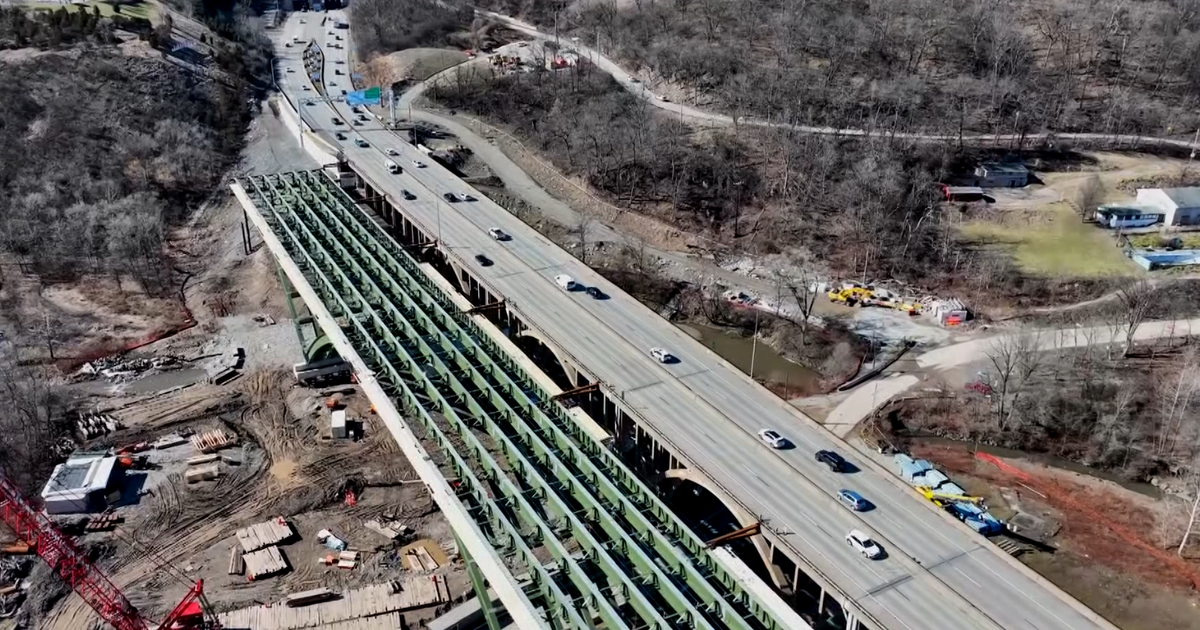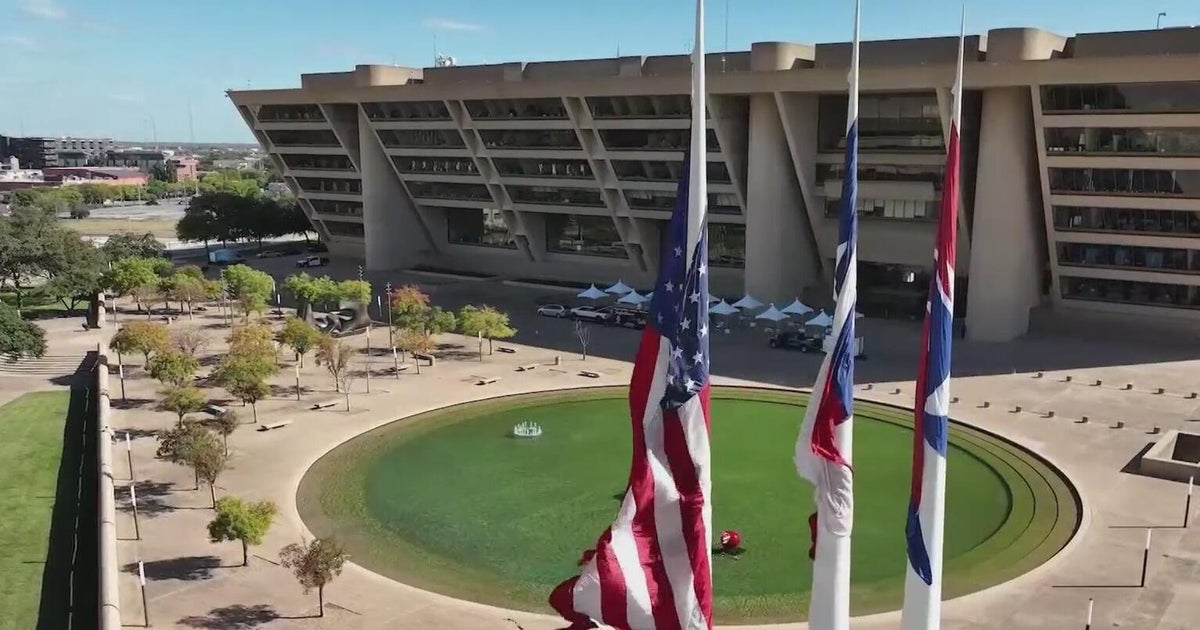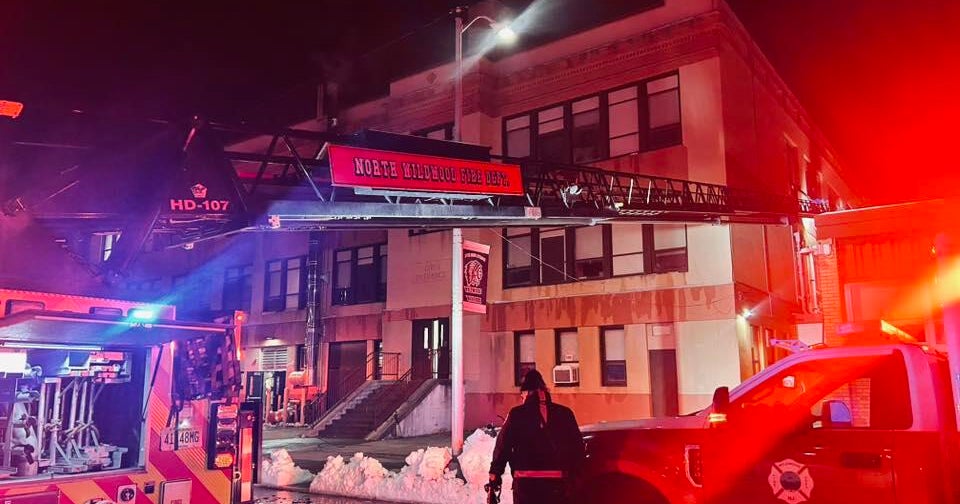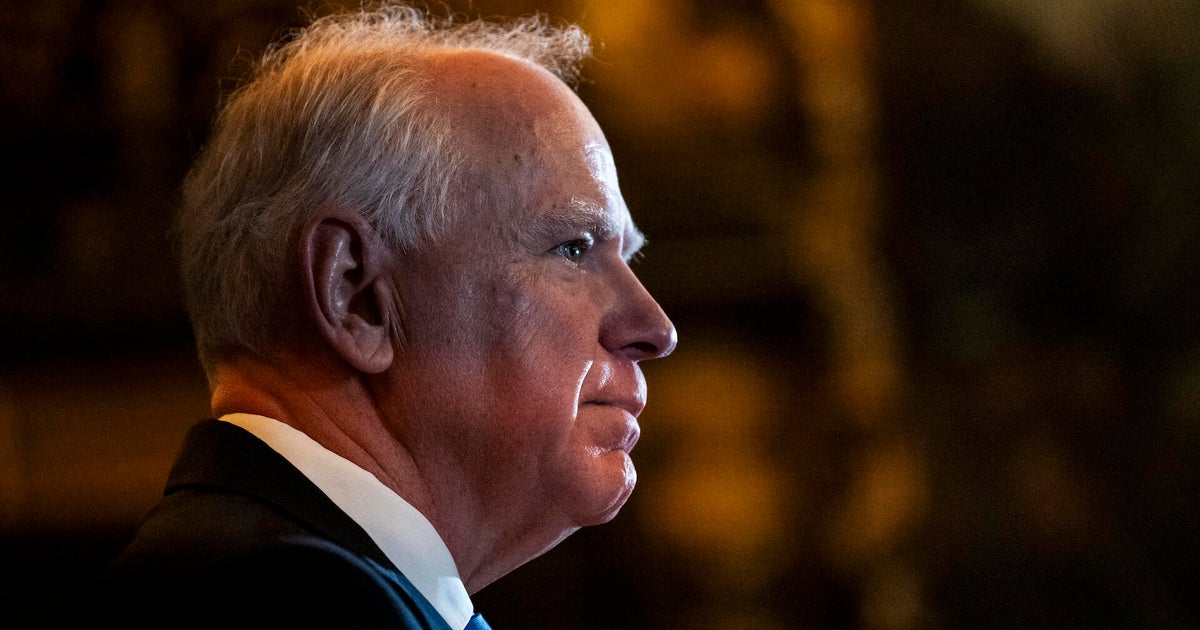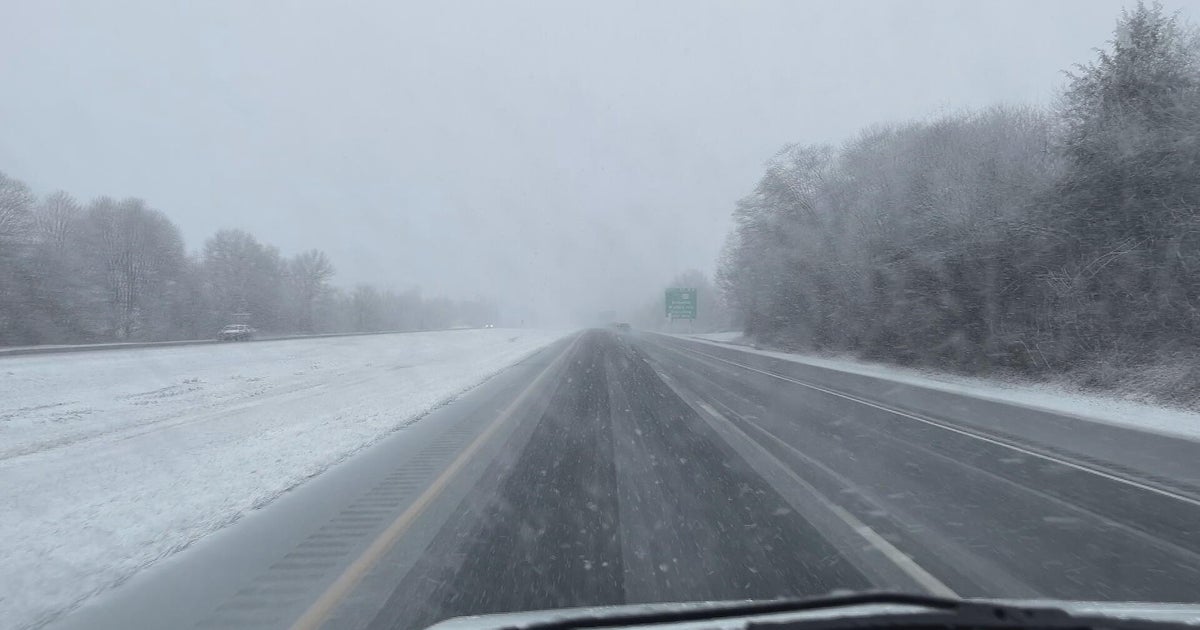NJ Transit Sets Bill For Rail Tunnel At $600M
TRENTON, N.J. (AP) -- The trans-Hudson rail tunnel killed by Governor Christie will end up costing roughly $600 million even with a big refund from insurers, according to officials who released a "bottom line" breakdown on the aborted project.
Data tabulated by NJ Transit and released on Friday show that a net of $591.4 million was spent on the project from its formal inception in the summer of 2006 through Aug. 31.
The breakdown confirms predictions by critics that the $8.7 billion ARC project, short for Access to the Region's Core, would prove to be a bonanza for lawyers, engineers and other expensive consultants. More than $265 million was spent on "design" and "preliminary engineering." Another $188.2 million was spent on real estate expenses, including eminent domain lawsuits and attorneys' negotiations with property owners.
Only $22.8 million -- or about 3 percent of the project total -- was spent on actual construction, NJ Transit said.
Continuing court battles will be only part of the ARC hangover for taxpayers. The state will also have to bear the costs of cleaning up several contaminated parcels that were bought as part of the project. While additional court and cleanup expenses could end up costing millions, the state expects that all remaining costs will be relatively modest.
"We're on the home stretch now," said Paul Wyckoff, an NJ Transit spokesman. "Anything else spent on this will not be substantial."
A new Hudson River commuter tunnel has been a dream at least since the 1920s, when officials with the old Pennsylvania Railroad first advanced the idea of expanding a tunnel system that was already becoming congested. The idea began to be studied in earnest in the mid-1990s.
But the governor pulled the plug on the $8.7 billion project last October, even though property acquisition and initial stages of construction had already begun. To the dismay of many planning experts and politicians who supported ARC, Christie said New Jersey could not afford a project with possible overruns of $5 billion or more.
Federal officials demanded that New Jersey pay back $271 million in money already spent by Washington on ARC. Christie announced last week that the government agreed to accept $95 million, a settlement to be paid in annual installments to 2014.
The figures released by officials on Friday did not include the legal fees spent in negotiations with federal officials on behalf of the state, which were last assessed at just over $1 million. Christie said New Jersey's settlement would be offset by refunds from an insurance consortium that had received more than $160 million in upfront premium payments. Transit officials said the state will get $143 million of that back.
But getting some value on the tens of millions spent for consultants and real estate won't be as easy. The Port Authority of New York and New Jersey, for example, made $100 million in advance lease payments for an 11th Avenue property that would have been part of the project.
Wyckoff said some New Jersey property acquired for ARC -- five major parcels in Hoboken and North Bergen were purchased -- would likely become sites for much-needed park-and-ride facilities and lots for commuter-bus parking. Other design and engineering studies will be incorporated into alternative trans-Hudson proposals that have been floated, like New York City's plan to extend the No. 7 subway line west under the river to New Jersey.
"A lot of the work that was done will become a base line for any other project that is developed," Wyckoff said.
---
(Copyright 2011 by The Associated Press. All Rights Reserved.)
